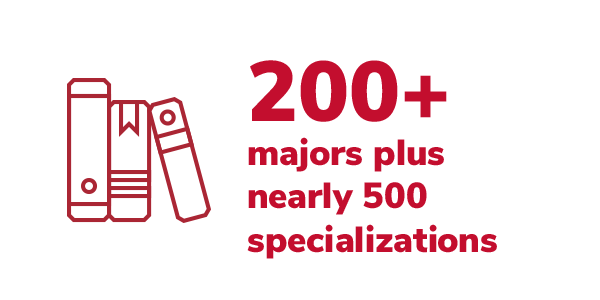
Providers determine if testing is appropriate based on symptoms and risk factors. Stay home and call your health care provider if you have symptoms to discuss whether you should be evaluated in person for testing.


Providers determine if someone should be tested, using the state's criteria, which evaluates a combination of symptoms and risk factors.When you speak to the dispatcher, inform them you think you have have coronavirus. In the event the line is busy, the department asks that callers try again. If you do not have a health care provider, you can call 1-88.If they determine you should be tested, they will help you make arrangements to have samples taken while minimizing exposure to others. Call a health care provider if you are concerned you may have coronavirus - these include physician practices, emergency departments and urgent care centers.
#How to get microsoft office for free with ohio state update
NBC News will continue to update this list as information changes. For details about your health department’s recommendations, testing protocols and where to find additional information, find your state on the drop-down menu below. If your symptoms become severe, you should seek medical care, but call ahead to the provider or hospital so they can make arrangements to limit exposure to others during your arrival, or inform the 911 dispatcher in an emergency situation.įull coverage of the coronavirus outbreakĪll state health departments have additional information available on their coronavirus websites, which are frequently updated. If you have coronavirus symptoms (fever, cough, shortness of breath), but do not require emergency medical care, health departments advise that you consult your primary care provider by calling to discuss your symptoms, stay home, self-isolate and take care of your symptoms until they pass to avoid exposing others - there’s no treatment for coronavirus and most cases don’t require hospitalization. While testing is available in every state and more labs are beginning to test around the country, demand is so high that tests are largely being reserved for high-risk cases: people with severe symptoms, other risk factors like age and complicating health conditions, and health care workers.

You may not be able to get tested, especially if you do not have severe symptoms.


 0 kommentar(er)
0 kommentar(er)
